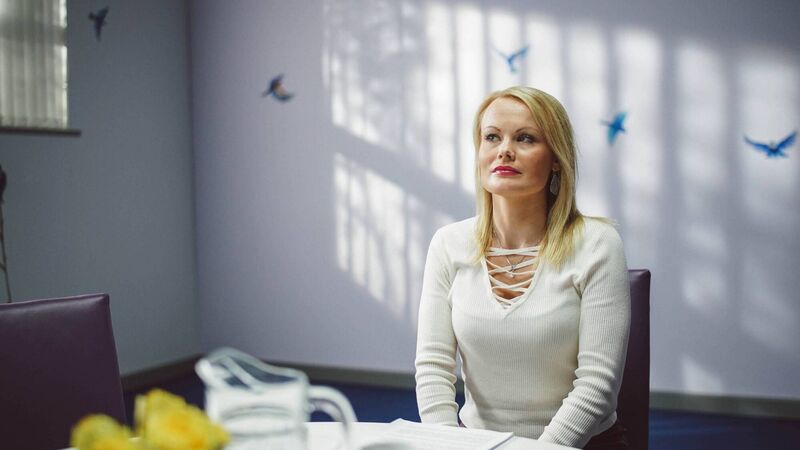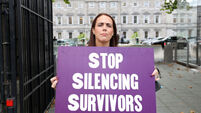Fergus Finlay: Ailbhe Griffith’s story shows how corrosive misogyny drives violence against women

Ailbhe Griffith in movie 'The Meeting' in which her experience of a vicious physical and sexual assault has been portrayed.
It’s unimaginable, in my head anyway. A young woman is attacked and raped, by a man clearly full of hate. She believes she’s going to die, and to die in terrible pain because he is so full of hate that he keeps biting her.
She is rescued eventually but it is the most traumatic event of her life. No physical or psychological therapy can fix it. It is so deep her very soul is in pain for years after it.















